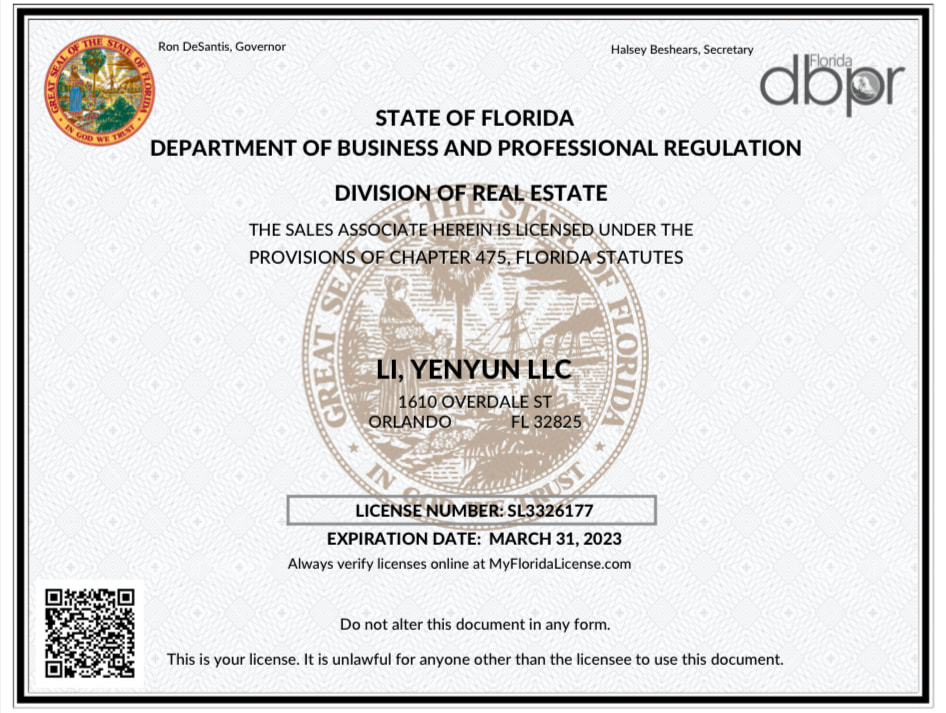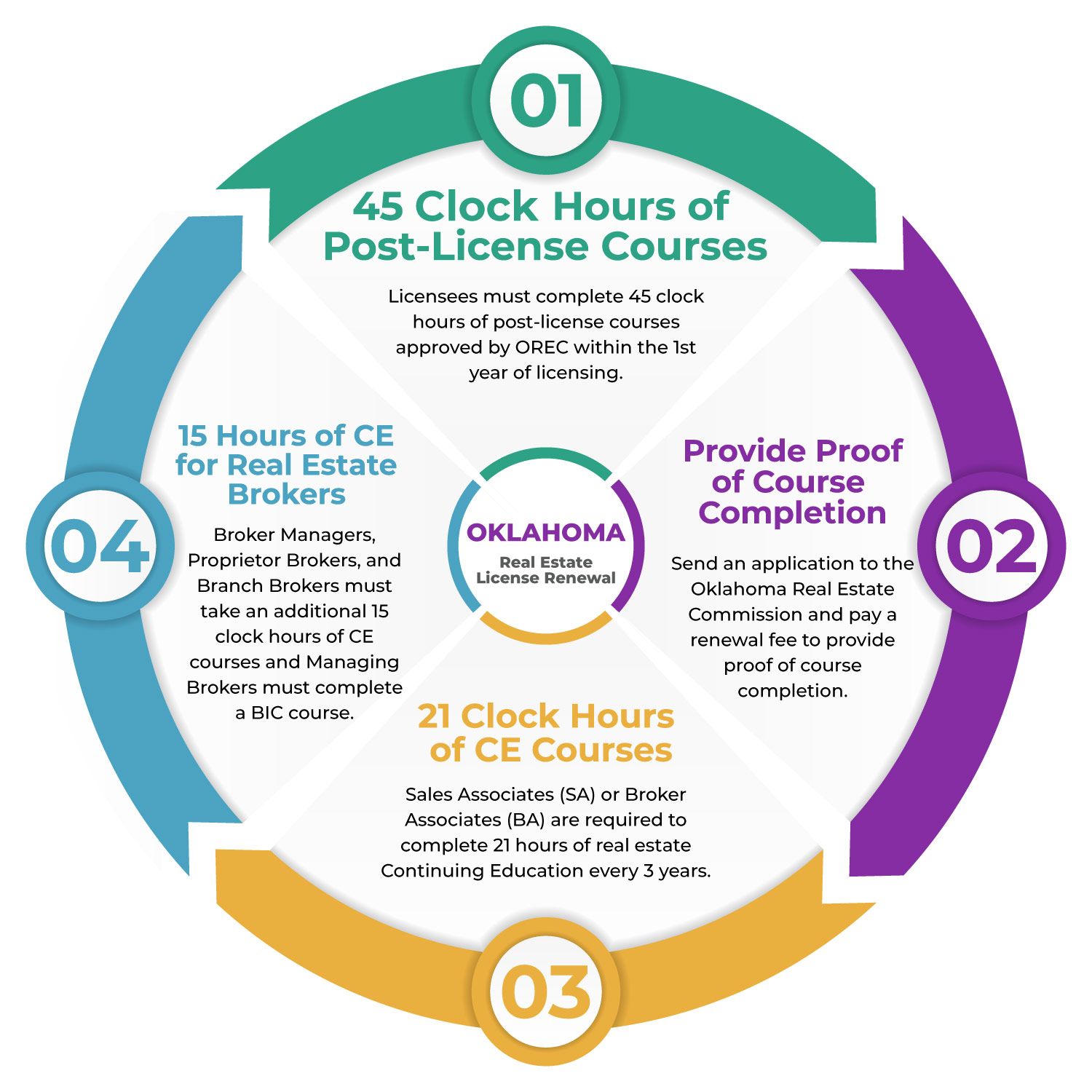
Closing day is the final step in your home-buying journey. The closing day marks the end to negotiations, the completion and inspection of your new house, but most importantly it is when you become the legal owners of your home.
It can be both exciting and nerve-wracking for buyers to close a deal. The day of closing involves a great deal of paperwork and also the finalization of all agreements that were made between the seller, buyer, and lender in relation to the purchase or financing of a property.
Your responsibilities on closing day
On the day of closing, you will have to review and then sign a number of legal documents which detail the conditions of the home sale. You will find that most of these documents relate to your loan, but you must also be aware of other important details before you sign.

What happens after you signed the closing documents?
The lender will then record the "title" or "deed" which legally transfers the property ownership to you. This may take a few minutes, but will be worth the time to ensure you own your home outright and there are no liens on it.
This mortgage is also a document that outlines the loan amount, interest rate and other details about the loan. This document, which highlights your rights as a borrowers, is crucial to the closing.
Signing a mortgage is an agreement to pay the entire loan and all required payments in full. In case of default, you may lose your house.
The lender will verify whether you still qualify for your mortgage if you have made changes to your financial status since you first applied. You will be given a copy by the lender of your "closing disclosure" or "mortgage closure statement" to read and sign. If you have any questions about your financial status, be sure to ask your real estate agent or mortgage broker to help you understand what you're signing.

What's more, your lender might also require you to sign other documents pertaining to the mortgage. Some of these documents include an Affidavit Of Truth or a Statement that you have completed all repairs prior to closing.
Depending on what home you're buying, you may be required to sign a variety of closing documents. For example, some lenders require you to sign a "mortgage affidavit" that states you have received an appraisal of the home and that you are not in default of any previous mortgages on the same property.
Affidavits form an important part of the home purchase process. They confirm that all information provided by you is true and accurate. The affidavits also confirm you have completed all necessary repairs on the home prior to closing, that the home is still in good condition, and it can be sold to its full market value.
FAQ
Can I buy a house without having a down payment?
Yes! There are programs available that allow people who don't have large amounts of cash to purchase a home. These programs include conventional mortgages, VA loans, USDA loans and government-backed loans (FHA), VA loan, USDA loans, as well as conventional loans. Visit our website for more information.
Is it cheaper to rent than to buy?
Renting is typically cheaper than buying your home. However, you should understand that rent is more affordable than buying a house. A home purchase has many advantages. You will have greater control of your living arrangements.
Should I use a broker to help me with my mortgage?
A mortgage broker is a good choice if you're looking for a low rate. Brokers have relationships with many lenders and can negotiate for your benefit. Some brokers earn a commission from the lender. Before signing up, you should verify all fees associated with the broker.
How can I repair my roof?
Roofs can burst due to weather, age, wear and neglect. For minor repairs and replacements, roofing contractors are available. For more information, please contact us.
Statistics
- Over the past year, mortgage rates have hovered between 3.9 and 4.5 percent—a less significant increase. (fortunebuilders.com)
- Private mortgage insurance may be required for conventional loans when the borrower puts less than 20% down.4 FHA loans are mortgage loans issued by private lenders and backed by the federal government. (investopedia.com)
- This means that all of your housing-related expenses each month do not exceed 43% of your monthly income. (fortunebuilders.com)
- Based on your credit scores and other financial details, your lender offers you a 3.5% interest rate on loan. (investopedia.com)
- When it came to buying a home in 2015, experts predicted that mortgage rates would surpass five percent, yet interest rates remained below four percent. (fortunebuilders.com)
External Links
How To
How to locate an apartment
Finding an apartment is the first step when moving into a new city. Planning and research are necessary for this process. This includes researching the neighborhood, reviewing reviews, and making phone call. Although there are many ways to do it, some are easier than others. Before renting an apartment, it is important to consider the following.
-
Researching neighborhoods involves gathering data online and offline. Websites such as Yelp. Zillow. Trulia.com and Realtor.com are some examples of online resources. Other sources of information include local newspapers, landlords, agents in real estate, friends, neighbors and social media.
-
Review the area where you would like to live. Yelp. TripAdvisor. Amazon.com have detailed reviews about houses and apartments. Local newspaper articles can be found in the library.
-
You can make phone calls to obtain more information and speak to residents who have lived there. Ask them what they liked and didn't like about the place. Ask for recommendations of good places to stay.
-
Be aware of the rent rates in the areas where you are most interested. If you are concerned about how much you will spend on food, you might want to rent somewhere cheaper. However, if you intend to spend a lot of money on entertainment then it might be worth considering living in a more costly location.
-
Find out information about the apartment block you would like to move into. Is it large? How much is it worth? Is the facility pet-friendly? What amenities does it offer? Can you park near it or do you need to have parking? Do you have any special rules applicable to tenants?